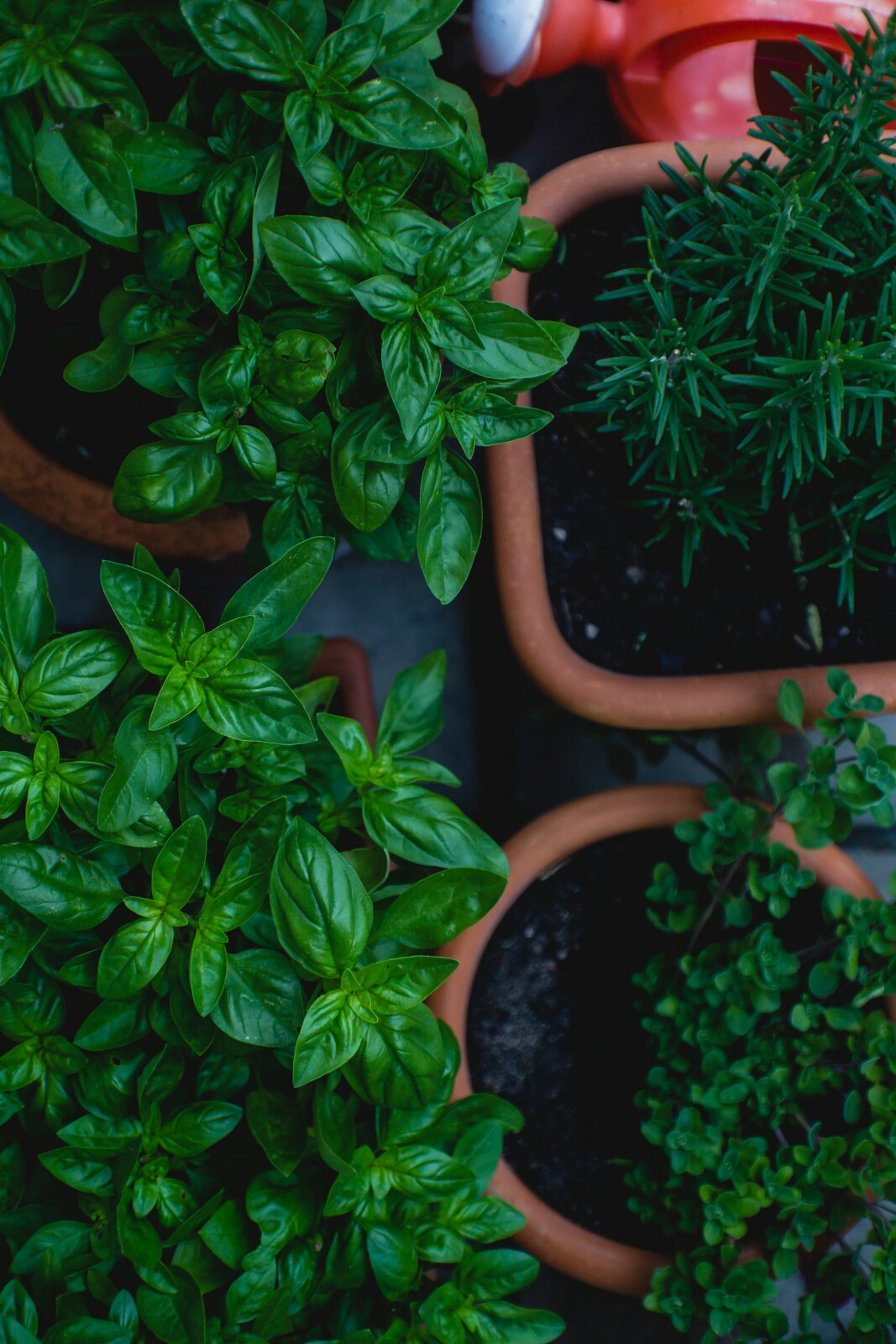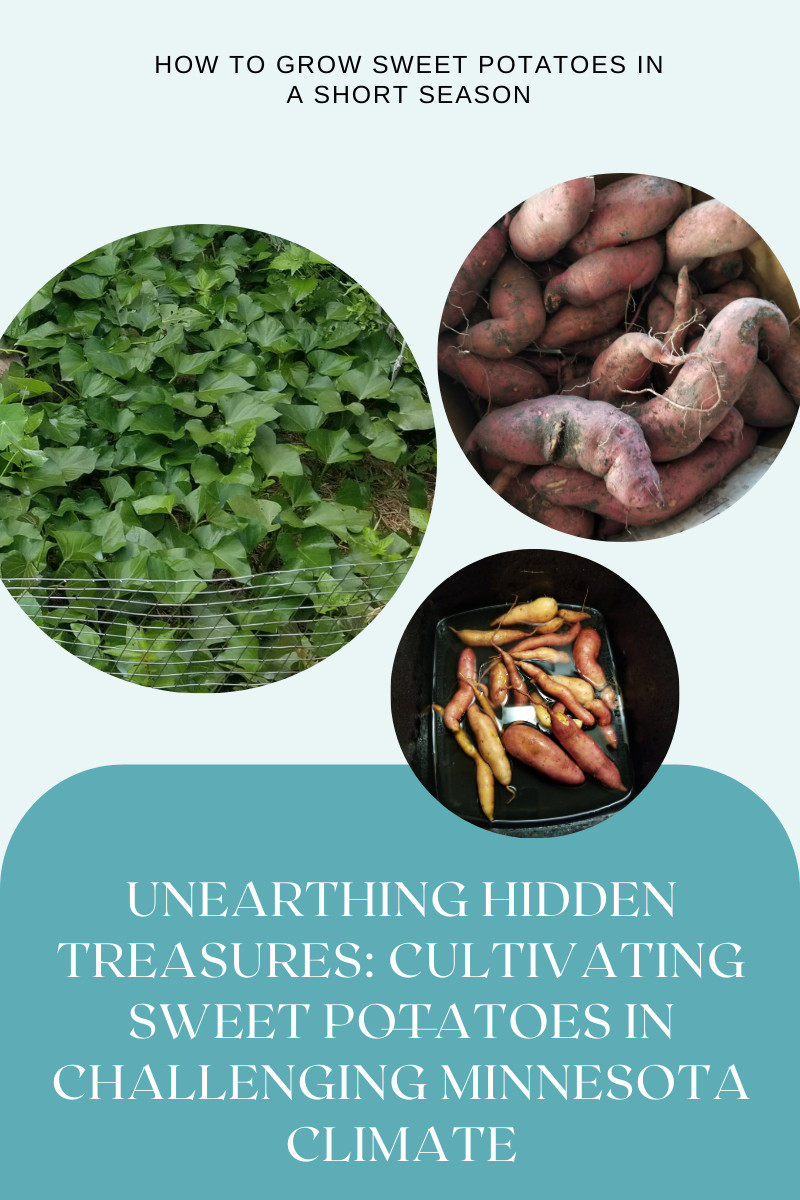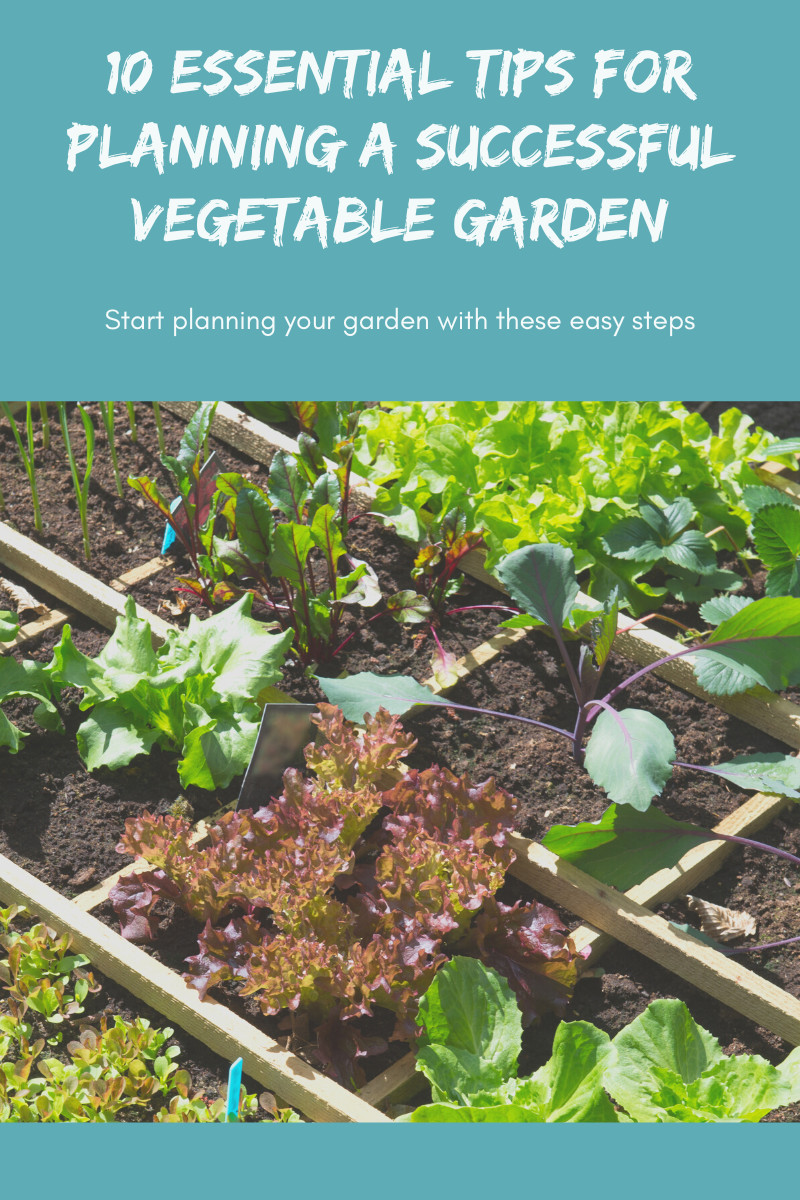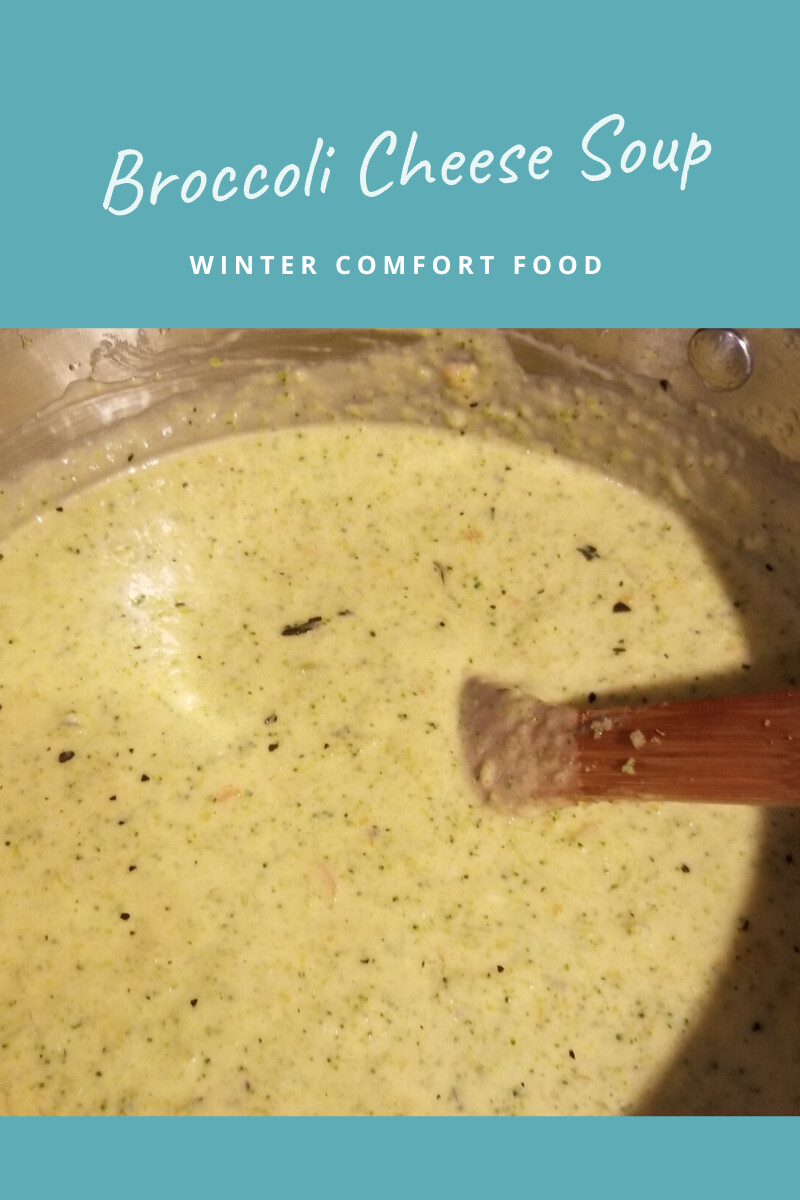
Do you attract unwanted pests when you go outside? Do you have unwanted pests in your garden disrupting the veggies you want to grow?
Essential oils in these plants act as nature’s bug repellent. Insects tend to avoid them. You can even use essential oils of these plants to make your own natural bug repellent. Not all essential oils are created equal. I only trust quality standards of Young Living oils because of their Seed to Seal Promise. Cheaper oils may be diluted with carrier oil or synthetics that will not provide the same results.
Just know that simply including insect-repelling plants in your landscape will not in itself ensure your garden is insect free.
There may be fewer insects, but no one’s done the research into how many plants, planted how close together, would be effective in repelling insects to any great extent. One of the best things people can do to hold down mosquito populations, is to eliminate any standing water, which is where mosquitoes breed.
I’ve listed 6 easy-to-find herbs readily available at most nurseries that are said to repel mosquitoes and other annoying insects. The smell from fragrant herbs is the result of the distribution of essential oils in the leaves and stems.
I’ve included 5 ornamental flowers that can help keep plant-attacking insects at bay for your garden. Keeping your growing areas as pest-insect free as possible will help your vegetable garden stay productive and your garden beds attractive.
First, the herbs
Repels house flies and mosquitoes. Plant basil in containers by your house doors and in outdoor areas where you like to relax or entertain. Basil is delicious in salads, in many pork and chicken recipes and with a variety of soups. Basil also improves the flavors of certain vegetables, include tomatoes, peppers and asparagus.
Repels moths, fleas, flies and mosquitoes. Lavender has been used for centuries to add a pleasantly sweet fragrance to homes and clothes drawers. Although people love the smell of lavender, mosquitoes, flies and other unwanted insects hate it. Place tied bouquets in your home to help keep flies outdoors. Plant it in sunny areas of the garden or near entryways to your house to help keep those areas pest free.
Added benefits are that lavender essential oil nourishes the skin and has a calming effect that induces sleep.
Cymbopogon flexuous and it’s cousin Citronella (Cymbopogon nardus) Repels mosquitoes. You’ve no doubt seen citronella candles in stores during the summer and read how citronella will keep mosquitoes away. Citronella is a natural oil found in both these plants. Lemongrass does well in a pot or in the ground in a sunny, well-drained location. Use Lemongrass’ fragrant, narrow leaves in chicken and pork dishes and to flavor soups and salad dressing.
Lemon thyme
Repels mosquitoes. This hardy herb can adapt to dry or rocky, shallow soil and will thrive in your herb garden, a rock garden or a front border as long as these are in sunny locations. The plant itself will not repel pesky mosquitoes. To release its chemicals, you must first bruise the leaves. To do this, simply cut off a few stems and rub them between your hands.
Repels mosquitoes. Mint is best grown in pots rather than the ground because it spreads aggressively. Once established in the garden, it can be difficult to remove. Cuttings of mint in mulch can help broccoli, cabbage and turnips. The leaves are commonly used to flavor minty iced tea. The aromatic properties found in the leaves are also present in the stems and flowers.
Repels mosquitoes and a variety of insects harmful to vegetable plants. Rosemary is available in various forms. Plants can be grown in containers on a patio and shaped into ornamental pyramids, grown in herb gardens or planted in landscaped beds, where some varieties can grow quite large. Rosemary is as delicious to home cooks who use herbs as it’s unpleasant to many insects. The plant itself and its cuttings are effective repellents.
Other herbs
Bay leaves: Repel flies. When you grow this plant, you won’t have to rely on the dried leaves from stores to add flavor to roasts and soups. Just pick the leaves as you need them.
Chives: Repel carrot flies, Japanese beetle and aphids.
Dill: Repels aphids, squash bugs, spider mites, cabbage loopers and tomato hornworms.
Fennel: Repels aphids, slugs and snails.
Lemon balm: Repels mosquitoes.
Oregano: Repels many pests and will provide ground cover and humidity for peppers.
Parsley: Repels asparagus beetles.
Thyme: Repels whiteflies, cabbage loopers, cabbage maggots, corn earworms, whiteflies, tomato hornworms and small whites.
Next up: Ornamental flowers
Alliums
Plants in the Allium family, such as the dramatic Allium giganteum whose flower heads adorn stalks up to 6 feet tall, are regarded as a broad-spectrum natural insecticide. They repel numerous insects that plague vegetable gardens, including slugs, aphids, carrot flies and cabbage worms. Plants that will benefit from the proximity of alliums include tomatoes, peppers, potatoes, cabbage, broccoli, kohlrabi and carrots. They also will keep aphids off rose bushes. Alliums include small-growing herbs such as chives and garlic chives, leeks and shallots.
Chrysanthemums
Repel roaches, ants, Japanese beetles, ticks, silverfish, lice, fleas, bedbugs, spider mites, harlequin bugs and root-knot nematodes. The ingredient in chrysanthemums that makes them so effective as an insect-repelling companion plant is pyrethrum. Because pyrethrums can kill flying and jumping insects, they are used in America’s most commonly available home and garden insecticide and are frequently used in indoor sprays, pet shampoos and aerosol bombs. Although chrysanthemum flowers can be used to make an insecticidal spray, pyrethrum can be carcinogenic to humans and care should be taken in using them in this form.
Marigolds
The scent from various types of marigolds repels aphids, mosquitoes and even rabbits. The roots of marigolds are well-known among farmers to repel nematodes, though those qualities require a year to take effect. Grow marigolds as an annual in most parts of the country, mixed in along the border of your flower beds or interspersed throughout your vegetable garden as they can also spur on the growth of certain plants, especially roses. Although marigolds are easy to grow in sunny locations, they can fall victim to gray mold, several types of leaf spot, powdery mildew, damping off and root rot and are a favorite of Japanese beetles (sometimes helpful as a trap plant). However, beans do not appreciate marigolds nearby.
Nasturtiums
Repel whiteflies, squash bugs, aphids, many beetles and cabbage loopers. Nasturtiums could be considered the poster child for companion planting, which is growing a variety of plants close to one another for the benefits each brings to the others. Nasturtiums release an airborne chemical that repels predacious insects, protecting not just the nasturtium but other plants in the grouping. Because many of the insects nasturtiums repel favor vegetables — tomatoes, cucumbers, kale, kohlrabi, collards, broccoli, cabbage and radishes — nasturtiums are an idea choice for planting along the edges of vegetable gardens.
Petunias
Repel aphids, tomato hornworms, asparagus beetles, leafhoppers and squash bugs. Some people think of petunias as nature’s pesticide. They are popular mostly because they are available in a variety of bright colors, require such minimal maintenance they are almost foolproof to grow and can be grown in garden beds, containers or hanging baskets. Plant them in sunny areas near vegetables and herbs such as beans, tomatoes, peppers and basil.
Other ornamental flowers
Common lantanas: Repel mosquitoes.
Four o’clocks: Attract but poison Japanese beetle.
Geraniums: Repel leafhoppers.
Narcissus: Repel moles.












0 Comments